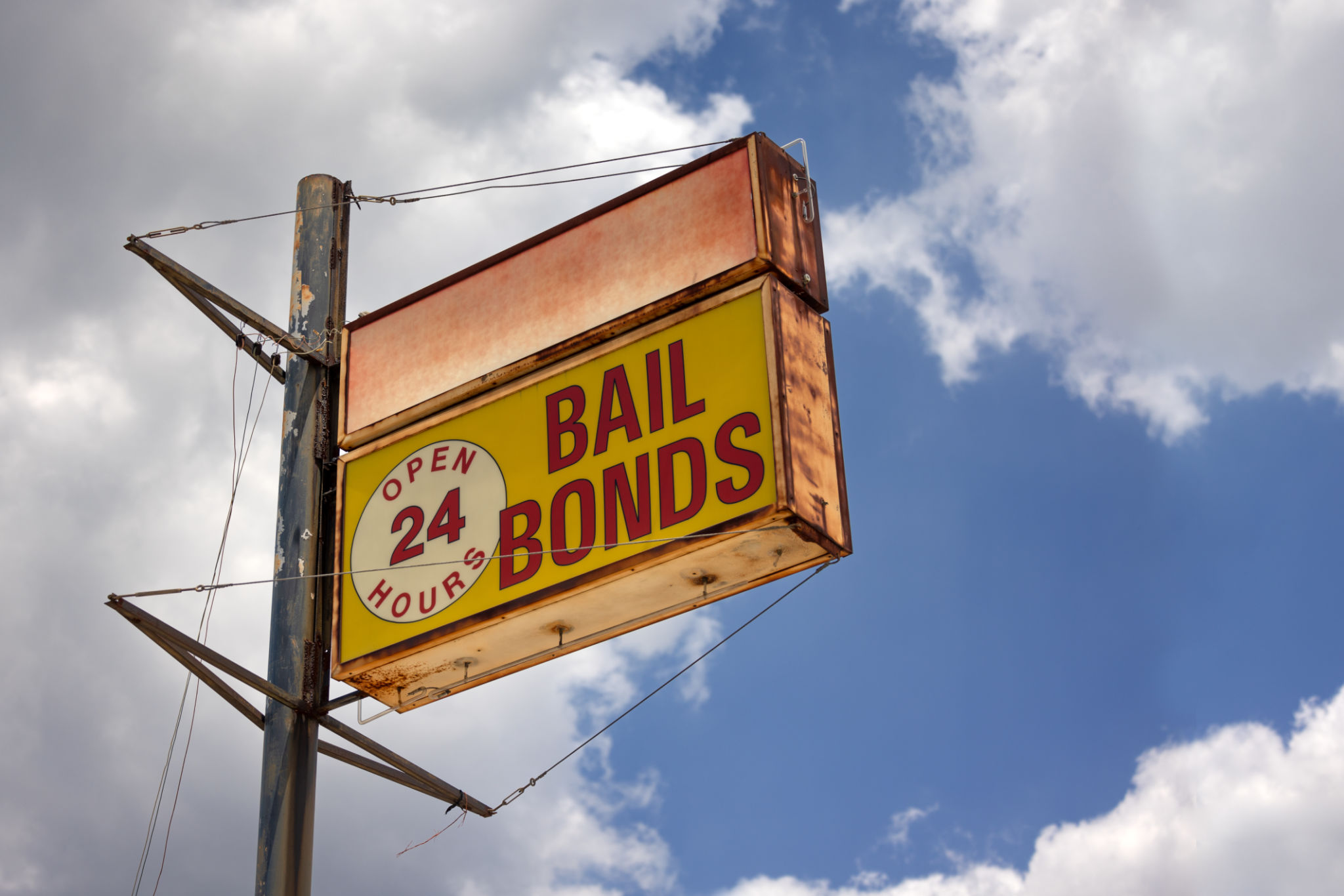The Role of Bail Bondsmen in the Community: More Than Meets the Eye
RW
Understanding Bail Bondsmen
When people think of bail bondsmen, they often envision someone in a suit, assisting individuals in securing their release from jail. While this is a fundamental aspect of their job, the role of a bail bondsman is much more nuanced and impactful within the community. Bail bondsmen serve as crucial players within the judicial system, providing a bridge between legal proceedings and personal freedom.
A bail bondsman, also known as a bail agent, provides a service to defendants who have been arrested and are unable to afford their bail amount. By paying a percentage of the total bail, usually around 10%, a defendant can be released from custody, allowing them to return to their daily lives while awaiting trial.

Ensuring Access to Justice
One of the most significant roles bail bondsmen play in the community is ensuring that justice is accessible to everyone, regardless of their financial status. Without bail bondsmen, many individuals would remain incarcerated simply because they lack the funds to pay their bail. This can lead to loss of employment, family disruption, and other negative consequences that disproportionately affect lower-income individuals.
By facilitating the bail process, bondsmen help maintain the presumption of innocence until proven guilty. This service is vital in preventing undue hardship on defendants who are awaiting their day in court.
Supporting Judicial Efficiency
Bail bondsmen also contribute to the efficiency of the judicial system. By assisting in the release of defendants, they help reduce overcrowding in jails, which can drain public resources and delay court proceedings. This reduction in jail population allows law enforcement and judicial officers to focus on more pressing matters.

Moreover, bail bondsmen are responsible for ensuring that defendants appear for their scheduled court dates. They do this by maintaining communication with their clients and sometimes employing bounty hunters to locate individuals who skip bail. This accountability helps the judicial system function smoothly and efficiently.
Community Involvement and Support
Beyond their legal responsibilities, many bail bondsmen are active participants in their communities. They often engage in local events, provide educational resources about the legal system, and support charitable causes. This community involvement helps build trust and fosters a positive relationship between the bail bond industry and the public.
Some bail bond agencies go further by offering programs that assist defendants in finding legal representation or even employment opportunities. Such initiatives demonstrate a commitment to rehabilitation and reintegration rather than mere transactional service.

The Human Element
Another often-overlooked aspect of the bail bondsman's role is the emotional support they provide. Many defendants and their families find themselves navigating the criminal justice system for the first time, which can be an intimidating experience. Bail bondsmen offer guidance, reassurance, and sometimes a listening ear during these challenging times.
In this way, they act as more than just financial intermediaries; they become confidants who can help alleviate some of the stress and fear associated with legal proceedings.
Conclusion
The role of bail bondsmen extends far beyond facilitating temporary freedom for defendants. They are essential components of the judicial system, helping to ensure fairness, efficiency, and community support. By understanding the diverse contributions of bail bondsmen, we can better appreciate their indispensable presence in our communities.